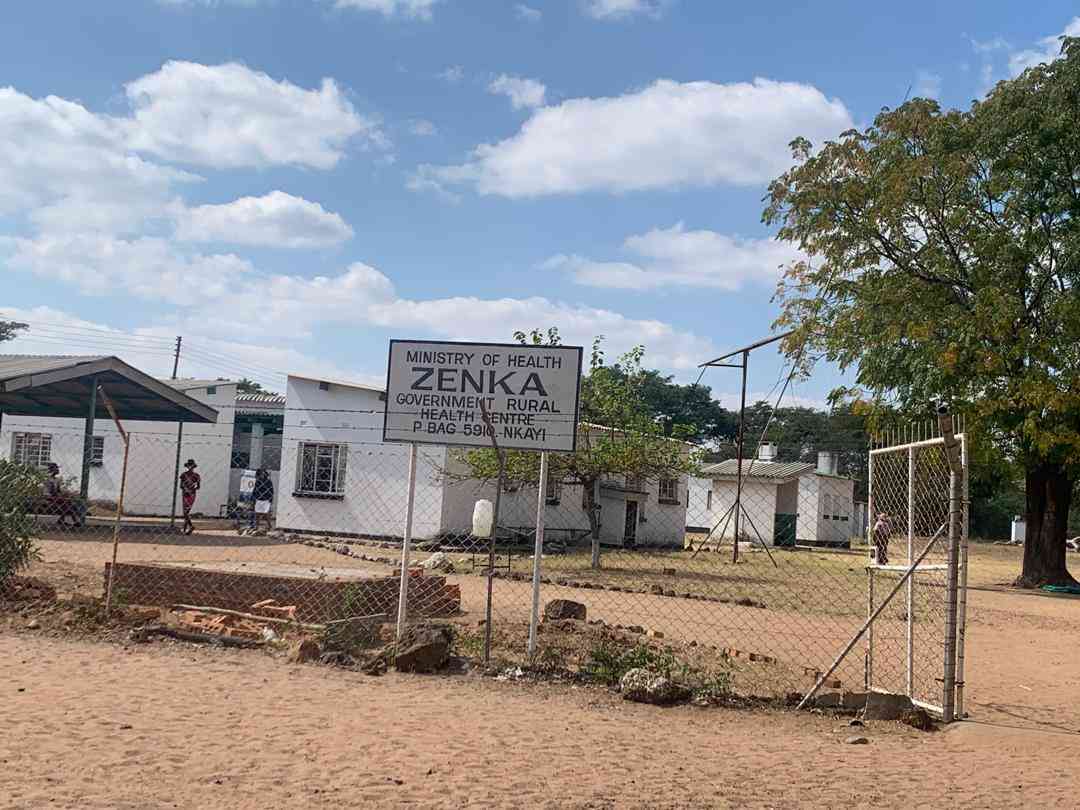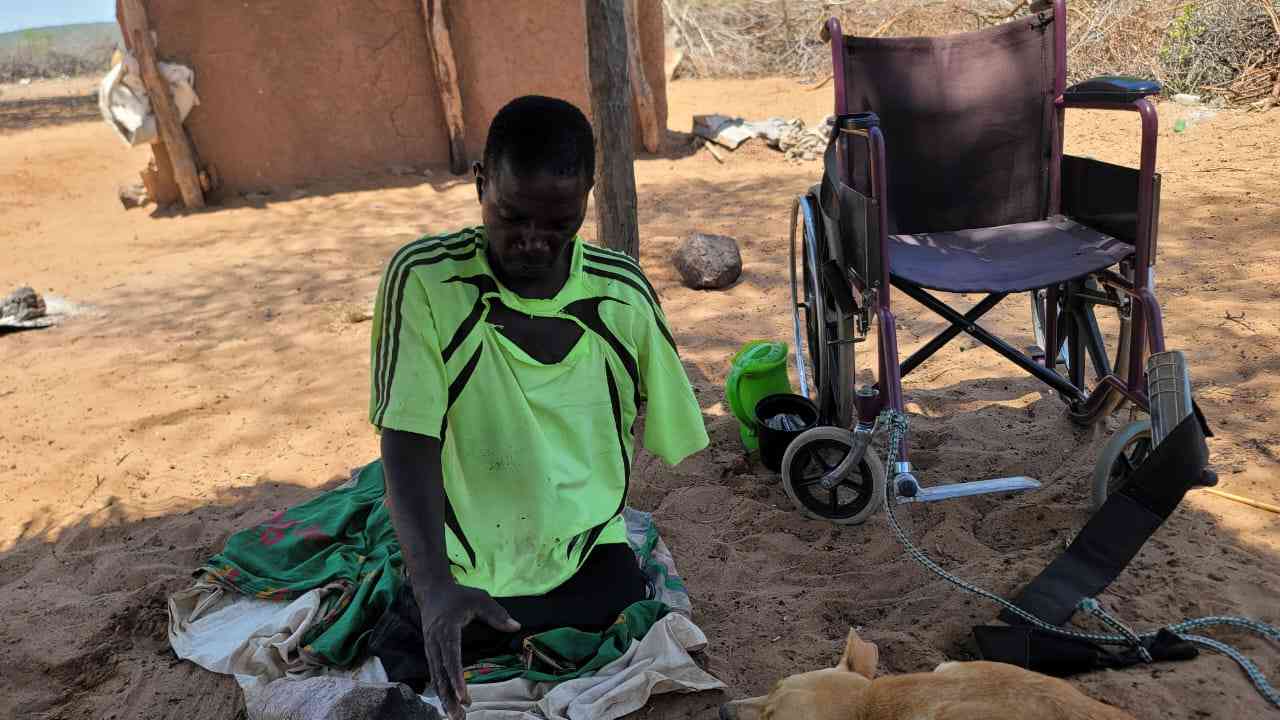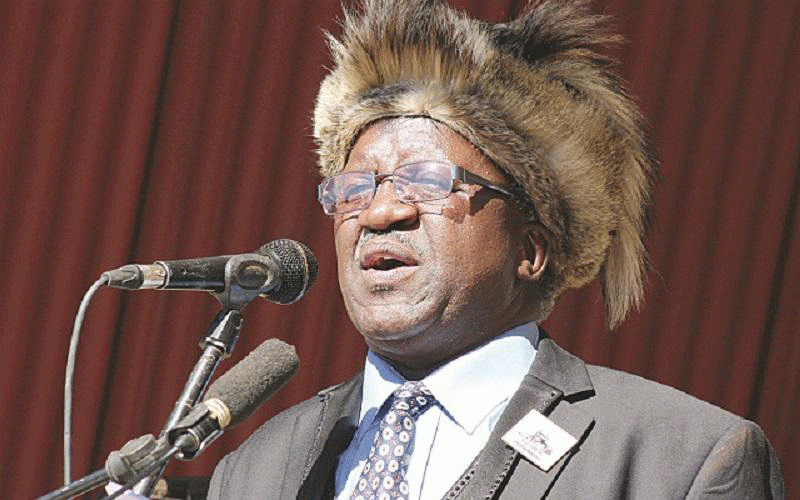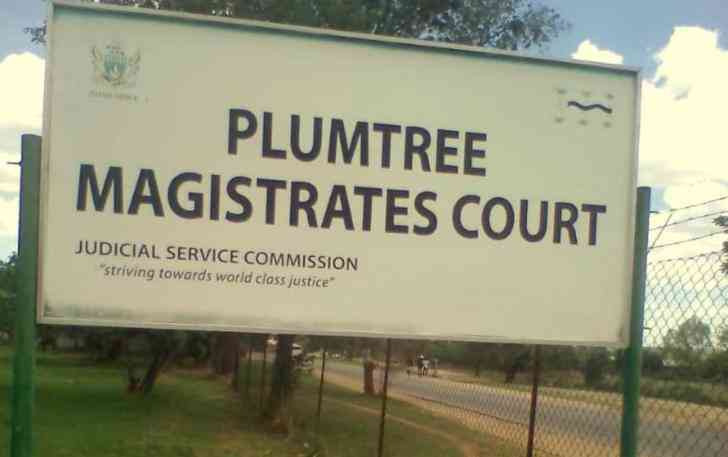
A recent project to renovate ablution facilities and the sewer reticulation system at Zenka clinic in Nkayi district has improved the quality of life for expectant mothers, the community and people with disabilities, who previously faced various challenges at the health institution.
Zenka Clinic in ward 22 has since 2019 struggled with inadequate toilet facilities, low water uptake and lack of waiting shelters for expectant mothers.
The institution also faced other challenges that included a blocked sewer system, lack of proper hand washing sinks, flush toilet systems, broke water taps and malfunctioning bathrooms, some pregnant women resorting to giving birth at home.
The rehabilitation of the clinic was part of Amalima Loko’s five-year programme funded by the United Agency for International Development (USAid) and aimed at enhancing food security in Zimbabwe through improved food access and sustainable watershed management.
Implemented by CNFA, Amalima Loko follows in the footsteps of its predecessor Amalima, a seven-year programme that successfully enhanced food security and nutrition for vulnerable households in Zimbabwe.
A lead mother from ward 30 in Zenka, Precious Mloyi told Southern Eye on Sunday that women used to face several challenges during and after giving birth as a substantial amount of water was required during the process.
“We are so grateful for the clinic rehabilitation at Zenka. We had a serious challenge, especially for women during or after labour because one needs a lot of water,” Mloyi said.
“Then these challenges made other pregnant women to prefer home birth deliveries instead of going to the clinic because one will have adequate water in their homes.
- Matabeleland revels in self-initiated projects
- Clinic upgrade boon for Nkayi expectant mothers
- Nkayi villagers get toilets in drive to end open defecation
- Mat North youths get technical skills training
Keep Reading
“The other thing is that the environment has become cleaner because an area with no water and proper health facilities is at risk of diseases.
“Even using the toilets at times we had no water to wash our hands, but then through this we are happy as a community.”
Zenka clinic environment health practitioner Mthabiso Ndlovu said he arrived at the institution in 2019 and found that the sewer system was blocked and they were forced to use Blair toilets.
“I came to this institution in 2019 and the sewer system was blocked,” Ndlovu
“We were using blair toilets, which were making life difficult for the nurses during the night when she would be helping a mother, who is in labour.
“She would walk a distance carrying a bucket to fetch water but then now the facility has improved and they now have a shower and flushing system.
“So we have a waiting mothers' shelter where we can now have 12 patients or an average of four to six mothers.
“We are grateful that the clinic rehabilitation has uplifted the community.
“The sanitary facilities we had did not cater for women during menstrual periods but now have a facility that offers privacy during that period.”
He said they were also happy that the rehabilitation programme had improved water reticulation at the clinic.
“We had water, but our flow rate was very low. So they changed the pipes and put new ones which go to the facility and this has improved the flow rate,” Ndlovu said.
Nkayi district development coordinator Matilda Mlotshwa said the different interventions by Amalima Loko had helped them to water scarcity challenges.
“The progress we are witnessing here reflects not only hard work, but also a profound dedication to this community's dreams and aspirations,” Mlothswa said.
“It is worth noting that during the planning stage communities in Nkayi district, this cluster included, highlighted water scarcity as their greatest challenge.
“Through various Amalima Loko interventions, we are on the path towards curtailing the water scarcity in Nkayi district.
“I am happy to announce that Amalima Loko has drilled four boreholes and rehabilitated nine others.”
She said the Wash rehabilitation exercise at the Zenka Clinic served as testament that government and the communities can achieve more when they work together.
“The clinic’s rehabilitation also includes water reticulation system repairs, two double-compartment ventilated improved pit latrines (BVIPs) –two for outpatients and two for waiting mothers, repair of handwashing sinks, flush toilet systems, water taps, and bathrooms,” Mlotshwa added.
“This rehabilitated clinic efficiently serves a total of 13 villages from across two wards.
“The community’s Wash achievements also include 71 community health clubs established in five wards, 16 latrine builders trained in three wards (30, 22, 23)118 latrines constructed in Cluster 21 by community health club members.
“These Wash improvements, along with the dedication of healthcare workers, have contributed to a healthier community and a reduction in open defecation.”
Amalima Loko deputy chief of party Mary-Jane Ncube said the initiative was a behaviour-led programme to foster community, household resilience and social inclusion integrated across purposes and interventions.
“We have a purpose like advanced health and availability of soil, water, and plant resources within the watershed by working at the micro-catchment level using an integrated water resource management approach to improve community ownership, use, and governance of watershed resources,” Ncube said.
“This approach supports the restoration and protection of natural resources while improving access to water for household and productive use.
“In conjunction with the community visioning process, Amalima Loko establishes and operationalizes watershed cluster steering committees that identify and map out micro-catchment priorities and collaborate with relevant stakeholders to develop watershed infrastructure plans and identify hazards.”
Ncube said based on community planning and prioritisation, Amalima Loko drills and rehabilitates boreholes and builds capacity of pump minders to perform repairs and maintenance.
“Asset management committees set up and trained by the program manage these new community assets, establishing and implementing guidelines for their appropriate use, and ensuring funds are set aside as necessary to support their long term maintenance,” she added.









